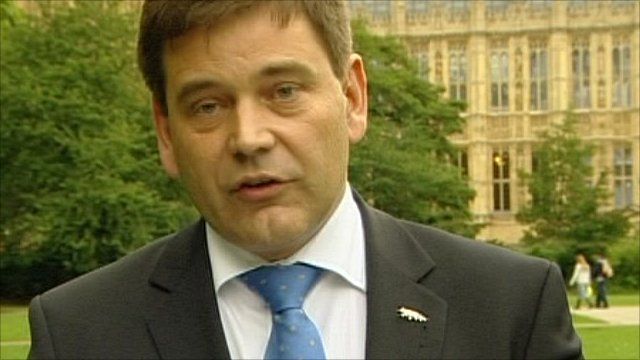The BBC has been accused of bullying MPs to drop their support for a change in the law to decriminalise non-payment of the BBC licence fee.

The BBC has been accused of trying to bully MPs to drop their support for a change in the law to decriminalise the non-payment of the BBC licence fee.
More than 140 MPs from all parties are backing a change in the law which would mean that people who do not pay the BBC TV licence fee will no longer be prosecuted in a criminal court.
The change would mean that failure to pay the annual £145.50 fee would become a civil matter, meaning those who fail to comply will not be lumbered with a criminal record.
More than 180,000 people are currently prosecuted each year and face a potential prison sentence for not paying the BBC licence fee.
The change will be debated by an MPs’ committee in the House of Commons this Thursday.
In a briefing document circulated among MPs, the BBC proposed that a working group is established with the Department for Culture, Media and Sport, and Ministry of Justice to consider BBC licence fee penalties ahead of the renewal of the BBC’s Charter in 2016.
The BBC also said that decriminalisation could see the end of BBC TV licence detection vans (They don’t exist so never been used as evidence), warning that “decriminalisation would make it harder to justify the use of detection equipment rarely used for offences attracting civil penalties”.
In a letter to MPs, Andrew Scadding, the corporation’s head of corporate affairs, said: “We think that if such a measure is put though in isolation, it would damage BBC content and services without any demonstrable benefit to those who struggle to pay, since it is not clear from the amendment how a civil penalty would work.
“In the absence of a criminal penalty for evasion, the fixed civil fine would need to be sufficiently high to deter evasion. In practice this could increase costs for households who are least able to pay. Alternatively if the fixed penalty was set at a low level evasion is likely to increase substantially.”
MPs reacted angrily. Andrew Bridgen MP, who has proposed the amendment, urged other MPs “to stand firm against these strong arm tactics”.
He said:
“The BBC are rattled about the thought of not being able to hide behind criminalisation to protect their income stream.
“They are now deploying all of their resources at their disposal from their £3.6billion taxpayer funded-budget to influence the will of Parliament.”
James Duddridge MP, who received a copy of the letter, said: “It is outrageous that licence fee payers money is being used to bully MPs into giving the BBC treatment.
“The BBC needs to get itself back into the real world if it wants to survive.”
A BBC spokesman (PR) said: “Like all broadcasters, we regularly speak to MPs of all parties about parliamentary business that affects the industry.
“It would be strange if the BBC were not able to discuss issues that have a direct impact on what it can offer audiences.
“We are looking forward to meeting Mr Bridgen and any other MPs to discuss the issue.” (Bet they are)